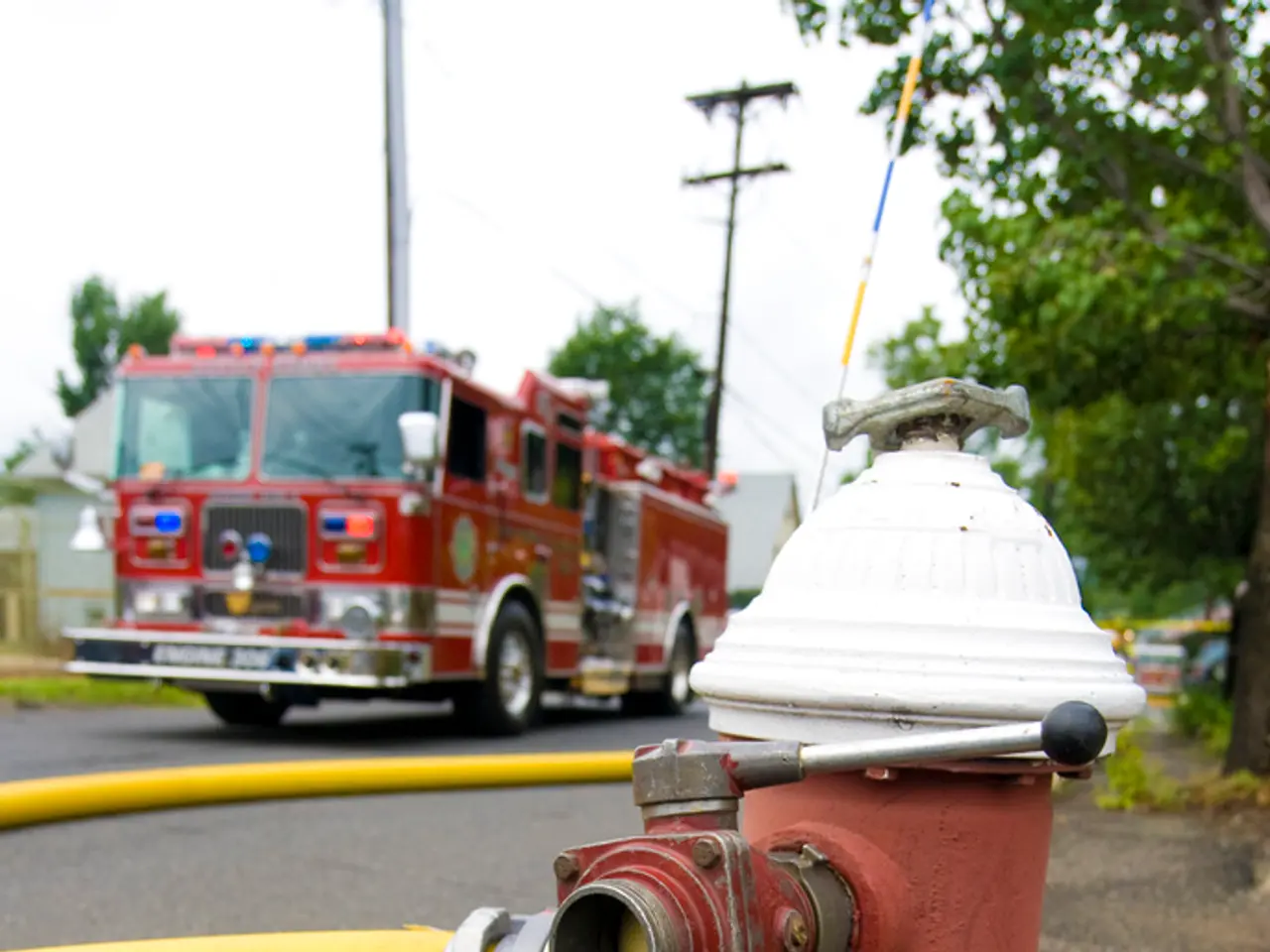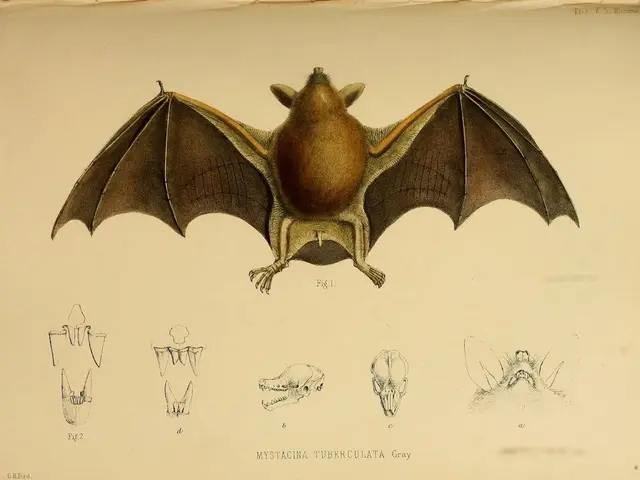EPA Proposes Changes to Coal Plant Regulations for Reliable, Affordable Power and Water Protection
The Environmental Protection Agency (EPA) has proposed changes to regulations for coal-fired power plants, aiming to balance reliable, affordable electricity with water resource protection under the Clean Water Act (CWA). This action aligns with President Trump's 'Unleashing American Energy' executive order and could reduce costs for facilities while maintaining clean water standards.
The EPA is seeking public input on potential challenges in implementing the 2024 Effluent Limitation Guidelines (ELG) rule. The proposed changes, if finalized, would modify compliance deadlines for the Steam Electric Power Generating category (40 CFR Part 423).
The EPA's 'Deadline Extensions Rule' would allow permitting authorities to extend compliance deadlines on a site-specific basis due to unexpected increases in electricity demand. This flexibility aims to bolster industrial competitiveness and prevent higher costs for local businesses, potentially making the U.S. the global leader in artificial intelligence.
The EPA estimates that these changes could reduce costs by approximately $30 million to $200 million per year. The agency remains committed to protecting water resources and will host an online briefing on October 14, 2025, to discuss the proposal and a companion direct final rule.
The EPA's proposed changes to coal-fired power plant regulations aim to ensure reliable, affordable electricity while protecting water resources. The agency seeks public input to inform potential future rulemaking and remains dedicated to advancing progress under the Clean Water Act.
Read also:
- chaos unveiled on Clowning Street: week 63's antics from 'Two-Tier Keir' and his chaotic Labour Circus
- Racing ahead in Renewable Energy Dominance: Changzhou, Jiangsu Pushes for Worldwide Renewable Energy Ascendancy
- Renault Group to Discuss Decarbonization and Circular Economy Strategies at ChangeNow 2023 Event
- Public remains oblivious to potential hazards at gas export facilities, due to confidentiality surrounding their operations







